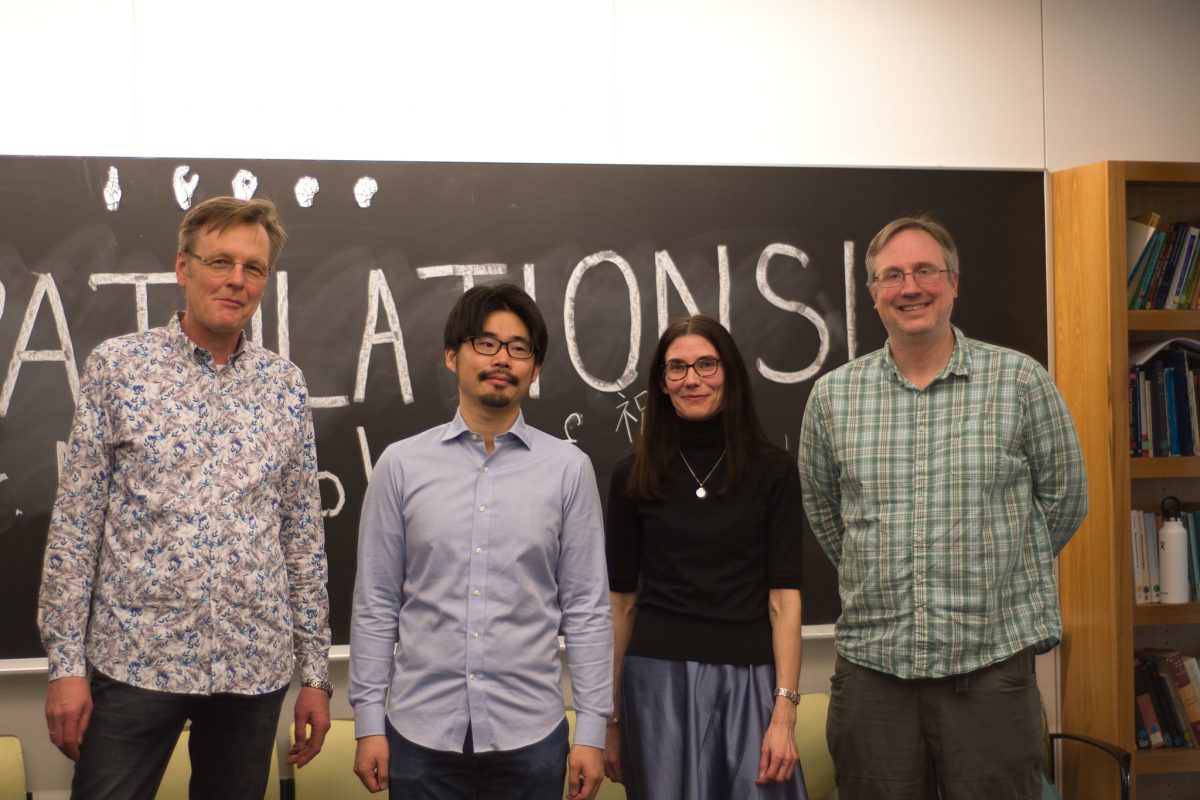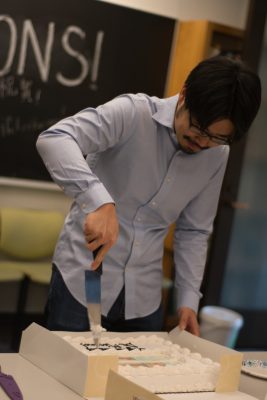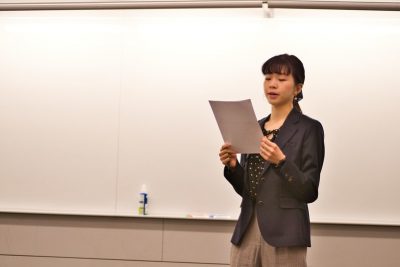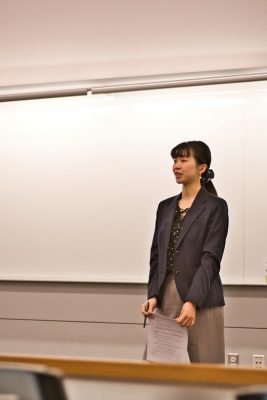Stefan Kaufmann will speak as part of a forum at the Converging on Causal Ontology Analysis (COCOA) zoominar on Wednesday, October 12, 2022. The information about the talk is below:
Was I speaking before I spoke?
Some English expressions let us characterize states of affairs in terms of subsequent courses of events, even if the latter do not come to pass. Well-known examples of this are “counterfactual” before-clauses (‘The police defused the bomb before it exploded’) and progressives (‘Mary was drawing a circle when she ran out of ink’). Numerous proposals have been made to capture the modal component of each of these constructions, such as Beaver and Condoravdi (2003) for before and Landman (1992) for the progressive. Both refer to possible worlds and processes or events, but ultimately rely on notions that are less well understood (reasonably probable worlds; continuation branches of events). The connection to conditionals (‘If the police hadn’t defused the bomb, it would have exploded’; ‘If she hadn’t run out of ink, she would have drawn a circle’) looms large but is not explored in detail.
Assuming that causal models are a useful tool for modeling (the relevant kind of) counterfactual reasoning, what might they tell us about the relationship between before-clauses, progressives and counterfactual conditionals? Are events crucially involved, and if so, how should they be represented in the causal model? A close look at all three constructions reveals striking similarities, but also stark differences. The similarities suggest to me that pretty much the same kind of causal reasoning is involved in before-clauses and progressives. The differences suggest that the notion of “event” that figures in the analysis of the progressive is not as useful in before-clauses. It turns out that the causal structure is useful precisely for abstracting away from other particulars of the events.







